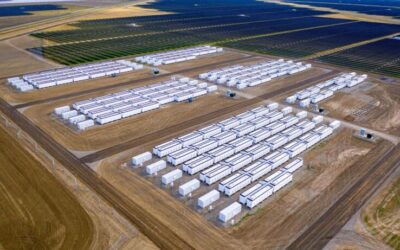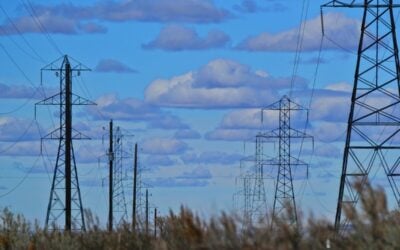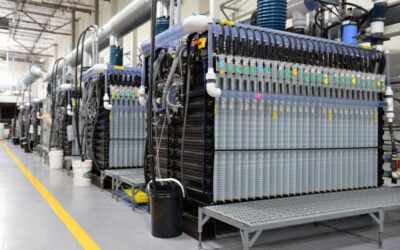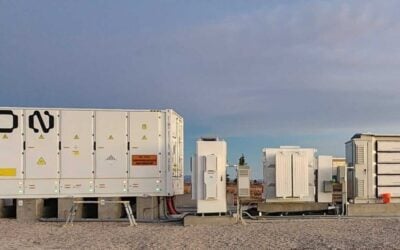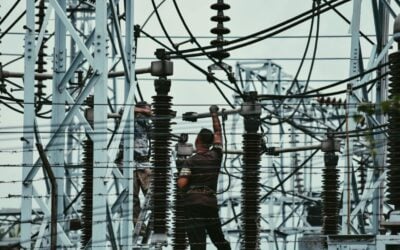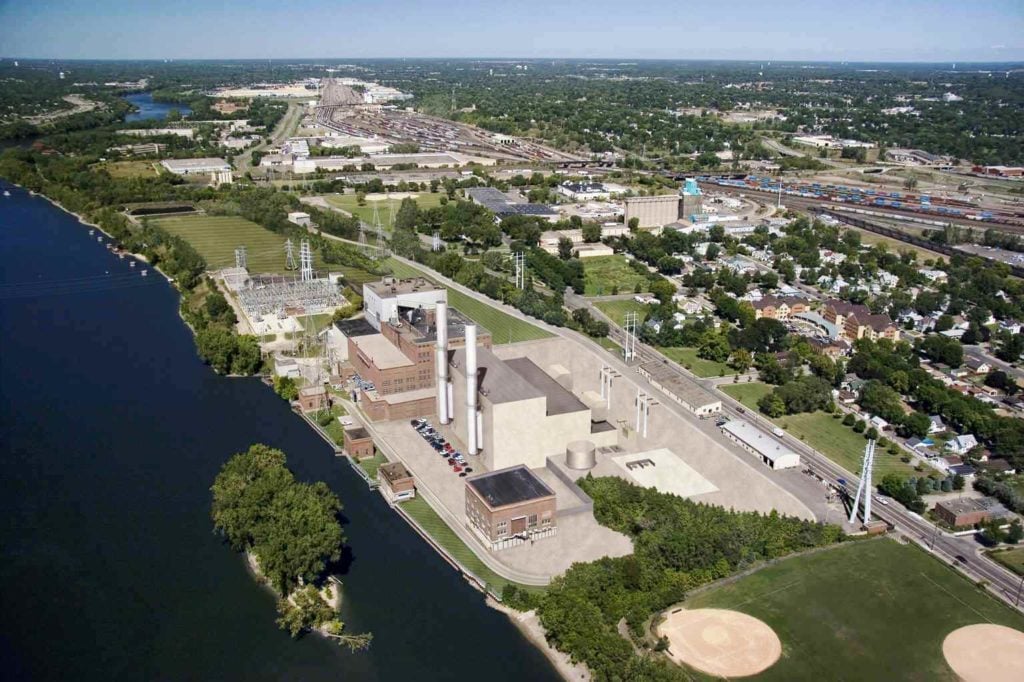
US utility Xcel Energy has proposed to build out a 200MW battery storage network across Minnesota, US.
Under its ‘Capacity*Connect’ proposal, Xcel Energy plans to install up to 200MW of battery storage resources across Minnesota by 2028.
In partnership with Sparkfund, Xcel states that the distributed energy resources will address rising electricity demand, ensure reliable service for customers, optimise existing infrastructure, and support local employment.
In February, Xcel’s Upper Midwest Energy Plan was approved by the Minnesota Public Utilities Commission (MPUC).
Try Premium for just $1
- Full premium access for the first month at only $1
- Converts to an annual rate after 30 days unless cancelled
- Cancel anytime during the trial period
Premium Benefits
- Expert industry analysis and interviews
- Digital access to PV Tech Power journal
- Exclusive event discounts
Or get the full Premium subscription right away
Or continue reading this article for free
That plan calls for 600MW of energy storage to be installed by the end of 2030. Xcel says the 200MW figure will help to achieve this larger goal.
When that plan was announced, it also encompassed extending operations at the company’s two nuclear facilities in Minnesota—the Monticello and Prairie Island plants—which together have a capacity of 1.7GW.
The company intends to locate the batteries at local businesses, commercial or industrial sites, or nonprofit organisations, which it says will provide more customers, including those in environmental justice communities, with an opportunity to benefit financially from hosting clean energy technologies.
Hosts would receive direct payments for participating in the program. Each site will have approximately 1MW to 3MW of storage.
Deployment will be scaled to keep pace with grid demand and prioritise local workers. Xcel will operate each battery storage asset.
John Farrell, Co-Director of The Institute for Local Self-Reliance (ILSR), noted in a post on social media networking site LinkedIn, that, “Xcel’s programme would monopolise ownership of a battery storage program that seems to approach distributed batteries as a ‘small chunks of a utility-scale battery’ strategy, focused solely on transmission system benefits.”
Farrell additionally states that the programme appears sluggish compared to other utilities, taking significantly longer than California’s successful Sunrun-PG&E pilot, which deployed 30MW in just six months, incorporating both solar and batteries. Xcel’s battery-only approach and slower timeline raise questions about the utility’s commitment to maximising distributed energy benefits for customers.
The program’s focus on using distributed batteries as “bulk system” resources for the Midcontinent Independent System Operator (MISO) market participation is problematic, given Xcel’s poor track record of effectively dispatching resources to save customers money, with its distributed network being called upon only once in six years, despite numerous opportunities.
Additionally, Xcel plans to delay exploring distribution system benefits until a future Phase 3, while simultaneously excluding critical resilience facilities, such as hospitals and emergency services, from participation.
Farrell also says that Xcel appears to be leveraging its monopoly status to bypass standard distribution interconnection processes by classifying these as “bulk system” resources, which may create unfair advantages over competitors.
The utility also plans to use proprietary information about retail load growth and feeder peak alignment that may not be accessible to third parties, raising concerns about whether Xcel is using its regulated position to gain competitive advantages in the distributed energy market.
Farrell provided similar insight on Xcel’s operations in Colorado, US, to local news outlet KGNU, stating:
“Even though people generally recognise that we’d like cleaner electricity, and we’d like the opportunity to invest in clean energy ourselves, like rooftop solar, utilities like Xcel see these things as threats to their profitability. They use the power they have over the market and over us to take our money and lobby public officials at the state regulatory commissions and legislatures to preserve their way of doing business, so they can keep making significant profits.”
Xcel secured approval from Minnesota state regulators in 2023 to construct a 1GWh project utilising Form Energy’s multi-day iron-air battery storage technology, situated near the town of Becker.
Recently, the MPUC approved a site permit for Spearmint Energy’s 150MW/600MWh battery energy storage system (BESS) in Kalmar Township. This is the first standalone BESS project permitted by MPUC.

